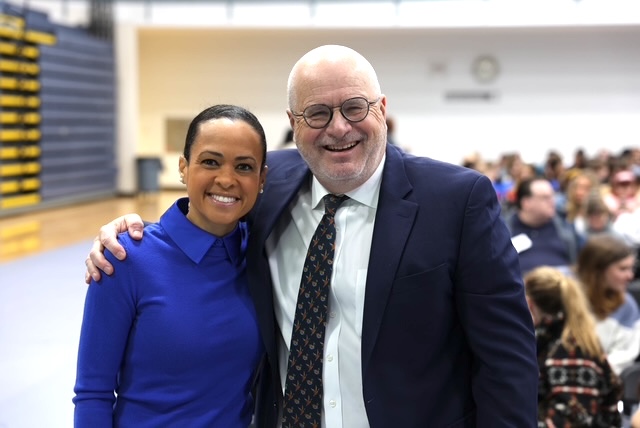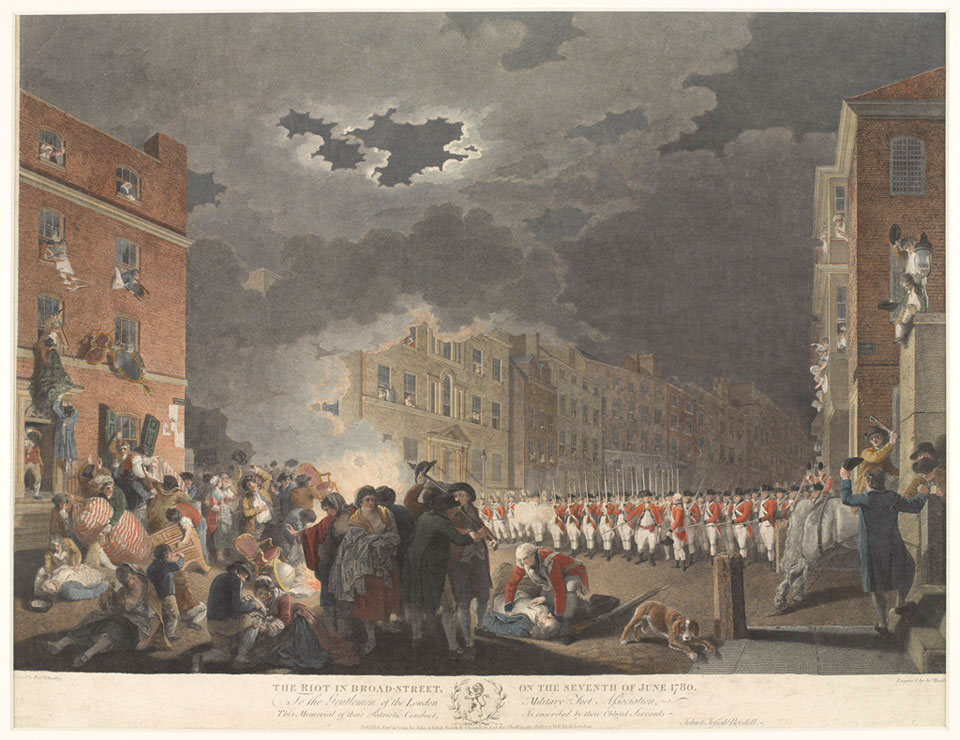Stop Trying So Hard!
December 5, 2024

If you asked me, I would say I am not a perfectionist. I know this because I am so painfully aware of how many times I screw up or fall short, and how much is always left to do….
Oliver Burkeman does not share my denial, but he does share my compulsions—to do more, do better, do now. His newsletter, The Imperfectionist, has reeled me back from the depths more times than I want to admit. (Good girls die hard. Sure, the nuns are gone now, but little dopamine hits of self-satisfied virtue carry on their holy work.)
Take the to-do list, for example. It is a marvel, organizing your time and dispensing spurts of motivation like an espresso machine. I have lists of movies I want to see, places I want to go, books I want to read. But these lists grow faster than my checkmarks, and soon I am scrolling down, down, down…and feeling the weight of the list settle on top of me.
Treat your reading list as a river, Burkeman advises, not a bucket. You can dip in from time to time, but there is no need to empty it. You worry about acquiring knowledge? The entire library of Alexandria measured about 12 gigabytes. This year, the quantity of data generated worldwide was 147 trillion gigabytes. Renaissance men (and the women who went unrecognized) could explore literature, philosophy, and science without feeling overwhelmed. We are lucky to gain a sense of mastery in one narrow sub-subcategory for about ten minutes, until it all changes again.
Go with the flow, Burkeman urges. So in this past October’s glorious weather, I took two weeks off, spontaneously, not to travel but simply because I was exhausted. I had Burkeman’s new book, Meditations for Mortals, and I intended to read a bit of it each day and change myself.
As soon as I painted our new garage doors. Which meant digging through the house for the right shade of pale, buttery yellow and, aha!, schlepping an old hot water bottle that was exactly the right shade to the hardware store to match the paint. Which was a bit boring when everything was yellow, so I lined the doors’ bevels in dark green and white, a tedious and exacting task that required masking tape and more patience than I possess. Then I painted our wrought iron fence, no Huck Finn in sight, and organized a bunch of recipes. Then, I opened the book, ready to check yet another task off my list.
In other words, I had already blown it.
When you have a long to-do list, you think the problem is that you have too many things to do and not enough time, so your only hope is to manage your time, Burkeman explains. “In fact, your situation is worse than you think—because the truth is that the incoming supply of things that feel as though they genuinely need doing isn’t merely large, but to all intents and purposes infinite.”
Admit this, he continues, and “something inside unclenches.” You are not here to do, learn, or be everything you would like to do, learn, and be. That is impossible. Make your peace with impossibility, and the anxiety dissolves. The bar drops a little and starts to swing. You feel more playful, relaxed, and willing to try.
Burkeman borrowed the insight from a British Zen master whose goal in teaching is “not to lighten the burden of the student, but to make it so heavy that he or she would put it down.” Instead of cheering each other on—you can do it! If anybody can do this, you can! Maybe this app will help—we need to get realistic about what is even possible. We need to discover “the extraordinary power of learning to stop getting things done.”
In any work session, you reach a turning point, a place where you can either be satisfied with what you have done, recognize flagging energy, and set the project aside until the next day—or grit your teeth and keep going. If you plow ahead, Burkeman notes, what takes over is a frantic impatience about not being finished yet, not going fast enough, not having the ideal circumstances in which to complete your project. “It’s the urge toward completion at all costs, based on the idea that it’s imperative to get the work out of the way, to fulfill your obligations to others, and thus reach the sunlit plateau of no longer having anything you need to do. And behind all that is generally a self-worth issue: the feeling that until you get it done, you aren’t a fully adequate human, and haven’t quite earned your right to exist.”
Ouch. Something else I would deny, if you asked me. I would deny it because I was trying to sound sane, confident, and self-reliant—in other words, fully adequate, with the right to exist.
Stop already, Burkeman urges. Do concentrated work for three or four hours, and then stop. That time frame is a bit magical: it worked for Virginia Woolf, Charles Dickens, Thomas Jefferson, Anthony Trollope, Charles Darwin…. And it is even more necessary now, because it is a reasonable chunk of time to wall off, and once you have done so, you will not expect (bless your heart) the rest of the day to be free of chaos and interruption. This means you can stop bracing yourself, cursing in irritation, and panicking over any loss of time.
When you first practice stopping, he warns, you will feel “antsy and restless,” perhaps a little frantic. Keep breathing. As that irrational urge to completion begins to slow, time will feel “somehow thicker.” Filled with more possibility, not less. “You’re training the mental muscle that allows you to choose more consciously how you use your time.” First you train it by choosing not to work; later, you know you can decide when you will work. Instead of being “tyrannized by other people’s agendas” (or in my case, my own), you will wind up more productive, not to mention more relaxed and happy. Why? Because you are no longer deluding yourself that you will feel fully alive only after you get this next thing done.
Instead, you have entered a sacred state the writer Sasha Chapin calls “playing in the ruins.” You are not doing all you fantasized was possible. You occupy a much smaller piece of the world and can do far less. You are free to do what you can.
“Our problem, it turns out, was never that we hadn’t yet found the right way to achieve control over life, or safety from life,” Burkeman writes. “Our real problem was imagining that any of that might be possible in the first place.”
Read more by Jeannette Cooperman here.




